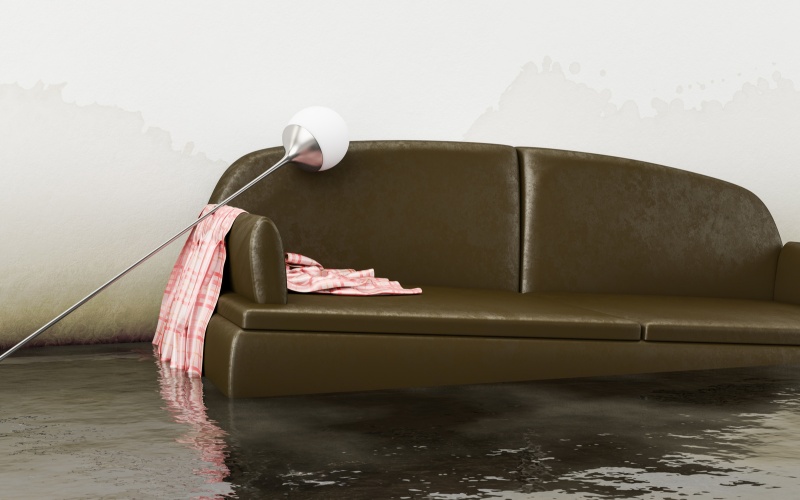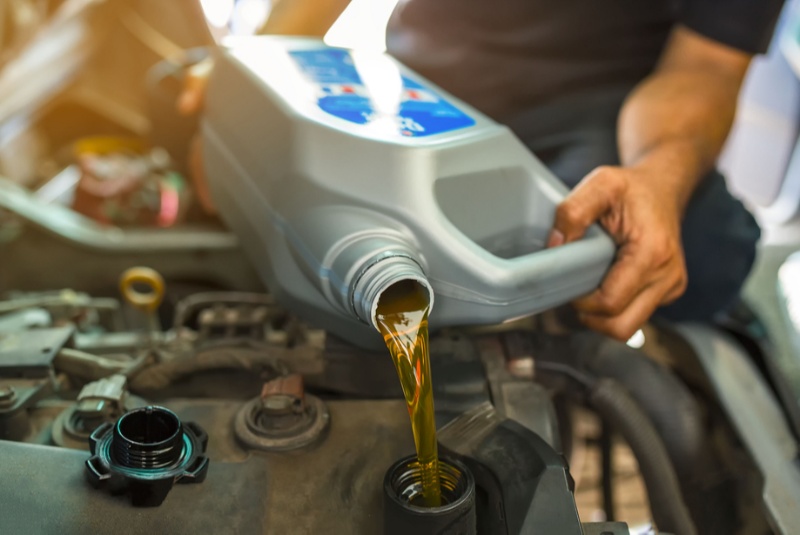Water damage is one of the most common and costly problems homeowners can face. It can occur from a variety of sources, such as leaks, floods, and heavy rains. Not only can water damage ruin your possessions and create an unhealthy living environment, but it can also lead to costly repairs and even structural damage. In this article, we will discuss how to protect your home from water damage and what to do if your home does experience water damage.
- Regularly check for leaks
One of the best ways to protect your home from water damage is to regularly check for leaks. This includes checking pipes, faucets, and appliances for signs of leaks or drips. You should also check your roof and gutters for leaks and clogs. If you do find a leak, it's important to repair it as soon as possible to prevent further damage.

- Install water alarms
Water alarms are a simple and effective way to detect water leaks early on. These alarms sound an alert when they come in contact with water, and they can be placed near appliances or in areas that are prone to leaks, such as the basement or the laundry room. They can also be connected to your smart home system and send alerts to your phone in case of water leaks.
- Maintain your appliances
Another important step in protecting your home from water damage is to maintain your appliances. This includes regularly checking your washing machine and dishwasher hoses for leaks and cracks and replacing them if necessary. It's also important to check the seals around your refrigerator and freezer to ensure they are tight and not leaking.
- Insulate your pipes
Insulating your pipes can help prevent water damage caused by frozen pipes in the winter. When water in pipes freeze, it can expand and cause the pipes to burst, leading to costly leaks. Insulating your pipes can help keep them warm and prevent them from freezing.
- Have a sump pump and back-up power
A sump pump is a device that pumps water out of a pit in your basement or crawl space. It is especially useful in areas that are prone to floods and heavy rains. Having a sump pump can help protect your home from water damage by preventing water from accumulating in your basement or crawl space. It's also a good idea to have a back-up power source for your sump pump, such as a generator, in case of a power outage.
- Use window wells
Window wells are a simple and effective way to protect your home from water damage caused by heavy rains. Window wells are typically made of plastic or metal and are placed around basement windows to help keep water from seeping into the basement. They can also be equipped with covers to prevent debris from getting into the window well and clogging the drain.
- Have a plan in case of water damage
Even with the best prevention measures, water damage can still occur. That's why it's important to have a plan in case of water damage. This includes knowing where your main water shut-off valve is and how to turn it off, having emergency contact information for plumbers, and knowing what to do in case of a flood or heavy rain.
- Contact a professional to fix the damage
If your home does experience water damage, it's important to contact a professional to fix the damage as soon as possible. A professional will have the necessary equipment and experience to remove water and dry out your home, and they will also be able to identify and repair any structural damage caused by the water.
In conclusion, water damage can be a costly and destructive problem for homeowners. By regularly checking for leaks, installing water alarms, maintaining appliances, insulating pipes, having a sump pump and back-up power, using window wells, having a plan in case of water damage, and contacting a professional to fix any damage, you can protect your home from water damage and minimize the potential damage and cost in case of a water damage event. Additionally, it's important to have proper insurance that covers water damage, and familiarize yourself with the coverage and claim process. It's also a good idea to keep track of any home repairs and maintenance, as it can help in case of insurance claims. Water damage can be a stressful and overwhelming experience, but with the right steps, you can protect your home and minimize the damage.




